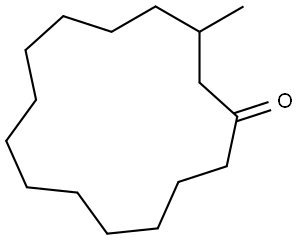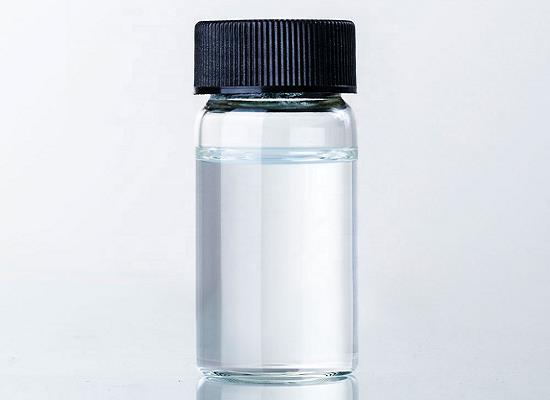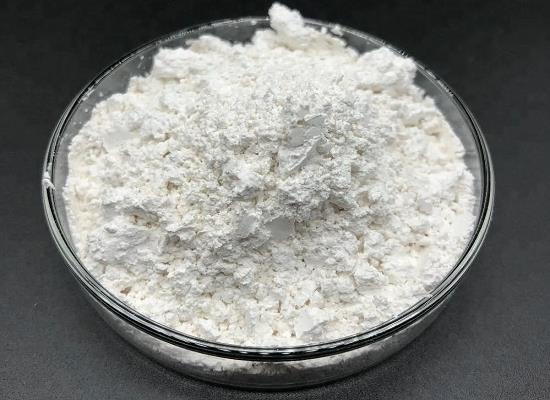Muscone: Natural Compound with Therapeutic Potential for Spinal Cord Injury
General Description
Muscone, a natural compound found in musk, has been found to have a range of therapeutic effects. It acts on angiogenin and related proteins to regulate angiogenesis, promote neuronal growth and improve memory impairment caused by stress. Additionally, muscone has been extensively studied for its potential therapeutic effect on spinal cord injury. It possesses anti-inflammatory, anti-apoptotic, and neuroprotective properties, promoting motor function recovery, reducing inflammation and spinal cord edema. Furthermore, muscone inhibits microglial activation and excessive mitochondrial fission, thus alleviating inflammatory response and reducing neuronal injury. Its pharmacological effects make it a promising candidate for the treatment of spinal cord injuries and other diseases.
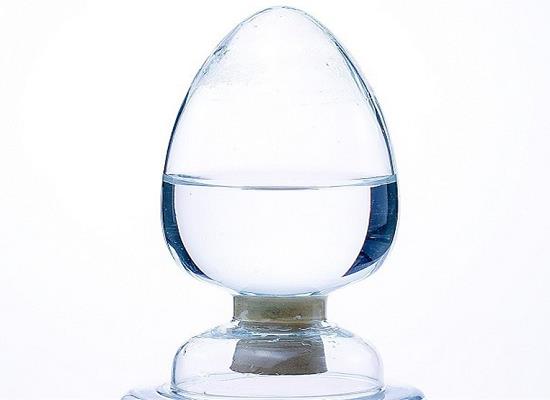
Figure 1. Muscone
Muscone Acts on Angiogenin
Muscone, a compound found in musk, has been shown to have various effects on angiogenin. In a study, it was found that muscone administration increased the level of corticosterone in the serum and reversed the down-regulation of brain-derived neurotrophic factor (BDNF) expression. This coincided with an improvement in memory impairment caused by chronic stress. BDNF is a humoral protein known to promote neuronal growth and induce the secretion and nuclear translocation of angiogenic hormones, without affecting mRNA expression. The nuclear translocation of angiogenin is crucial for BDNF-induced angiogenesis. BDNF can also enhance the proliferation of neural stem cells (NSCs), promote their differentiation into neurons, and aid in the regeneration of nerve axons after spinal cord injury. Muscone has also been found to upregulate the expression levels of hypoxia-inducible factor 1 alpha and vascular endothelial growth factor A (VEGFA), which play important roles in adjusting angiogenesis in myocardial infarction and facilitating the survival of random skin flaps, respectively. Additionally, muscone can upregulate VEGF expression, which contributes to the survival of transplanted fat. Furthermore, angiogenin has been observed to undergo nuclear accumulation in human umbilical vein endothelial cells when stimulated by various angiogenic factors like fibroblast growth factors, VEGF, and epidermal growth factor. Overall, muscone acts on angiogenin and related proteins to regulate angiogenesis, promote neuronal growth, and improve memory impairment caused by stress. It also has potential applications in tissue regeneration and transplantation. 1
Therapeutic Effect on Spinal Cord Injury
The therapeutic effect of muscone on spinal cord injury (SCI) has been extensively studied and shows promising results. Muscone, a natural compound secreted from the ventral glands of musk deer, has been used in traditional Chinese medicine for over 2,000 years to promote blood circulation. Muscone has been found to have multiple pharmacological effects, making it widely used in clinical practice. It has been used in the treatment of cardiovascular and cerebrovascular diseases, nervous system diseases, cancer, and more. It possesses anti-dementia, anti-cerebral ischemia, anti-inflammation properties, promotes cell proliferation and angiogenesis, and reduces cell apoptosis. In terms of its anti-inflammatory effects, muscone inhibits microglial activation, reduces pro-inflammatory cytokines, and alleviates neuroinflammation. It also inhibits the inflammatory pain pathway and provides relief. Additionally, muscone has shown anti-apoptotic effects by inhibiting calcium influx and reactive oxygen species (ROS) generation, thus protecting against cerebral ischemia and enhancing neuroprotection. It has also been found to enhance synaptic plasticity, alleviate memory dysfunction, and inhibit neuronal apoptosis induced by traumatic brain injury. Muscone's role in SCI recovery is significant, particularly in addressing secondary SCI. Studies have shown that muscone treatment improves motor function, reduces spinal cord edema and inflammation, and promotes neurological recovery. It also inhibits microglial activation and excessive mitochondrial fission, thereby alleviating inflammatory response, reducing neuronal injury, and relieving cervical spondylotic myelopathy. In summary, muscone demonstrates a wide range of therapeutic effects on SCI, including anti-inflammatory, anti-apoptotic, and neuroprotective properties. Its use in traditional Chinese medicine and its potential for further research make it a promising candidate for the treatment of spinal cord injuries. 2
Reference
1. Abd El Wahab MG, Ali SS, Ayuob NN. The Role of Musk in Relieving the Neurodegenerative Changes Induced After Exposure to Chronic Stress. Am J Alzheimers Dis Other Demen. 2018;33(4):221-231.
2. Zhou Y, Guo S, Botchway BOA, Zhang Y, Jin T, Liu X. Muscone Can Improve Spinal Cord Injury by Activating the Angiogenin/Plexin-B2 Axis. Mol Neurobiol. 2022;59(9):5891-5901.
You may like
Related articles And Qustion
Lastest Price from Muscone manufacturers
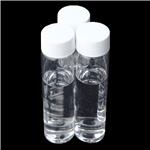
US $10.00/KG2025-04-21
- CAS:
- 541-91-3
- Min. Order:
- 1KG
- Purity:
- 99%
- Supply Ability:
- 10 mt
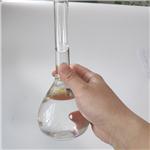
US $0.00-0.00/KG2025-04-15
- CAS:
- 541-91-3
- Min. Order:
- 1KG
- Purity:
- 99%
- Supply Ability:
- 500000kg
